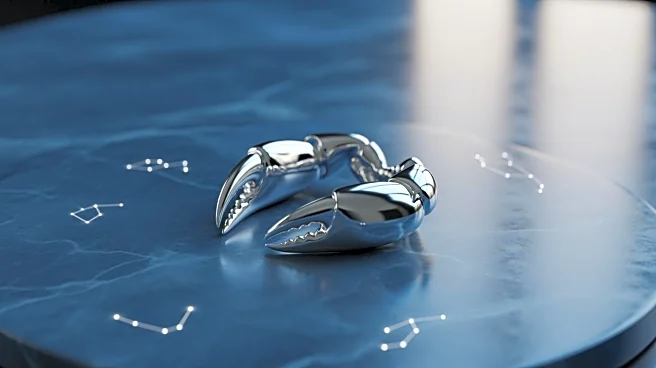Rapid Read • 8 min read
A new technology, the Dielectric Ultra-focused Oscillatory (DUO) electrode, has been developed to enhance the safety and efficiency of electrosurgery. This electrode utilizes dielectric heating to selectively heat water molecules within biological tissues, leading to tissue coagulation and cellular rupture. The DUO electrode aims to minimize thermal damage, reduce blood loss, and suppress surgical smoke. It was designed using electric field simulations and machine learning, and its performance was tested against existing monopolar blade-type electrodes. The DUO electrode demonstrated superior performance in terms of lower operating temperatures and reduced thermal necrosis, while maintaining effective hemostatic performance.
AD
The introduction of the DUO electrode represents a significant advancement in electrosurgical technology, potentially improving surgical outcomes by reducing thermal damage and blood loss. This innovation could lead to safer surgical procedures, minimizing complications associated with excessive heat and smoke. The DUO electrode's ability to operate at lower temperatures while maintaining coagulation efficiency could also enhance patient recovery times and reduce the risk of postoperative complications. This development is particularly relevant for the medical industry, as it addresses longstanding challenges in electrosurgery and could set new standards for surgical safety and efficacy.
Further clinical trials and studies are likely to be conducted to validate the DUO electrode's performance in diverse surgical settings. The medical community may explore the integration of this technology into standard surgical practices, potentially leading to widespread adoption. Additionally, regulatory approvals and certifications will be necessary to ensure the DUO electrode meets safety and efficacy standards. As the technology gains traction, it could inspire further innovations in electrosurgical devices, focusing on enhancing precision and minimizing patient risk.
The DUO electrode's development highlights the growing role of machine learning and simulation technologies in medical device innovation. This approach could pave the way for more personalized and adaptive surgical tools, tailored to specific patient needs and surgical contexts. The ethical implications of using advanced technologies in surgery, such as ensuring equitable access and addressing potential biases in machine learning models, will also need to be considered as these innovations become more prevalent.
AD
More Stories You Might Enjoy











